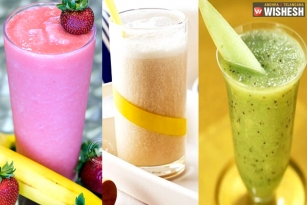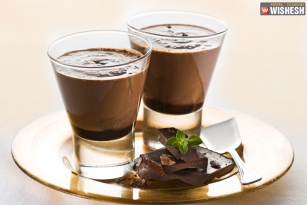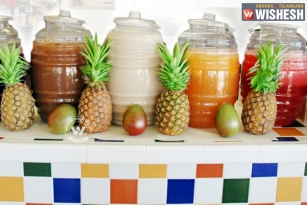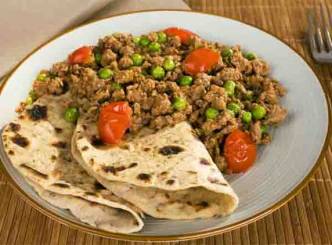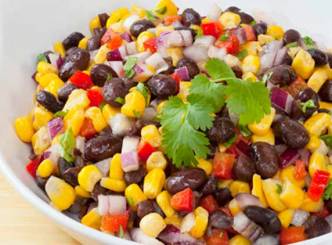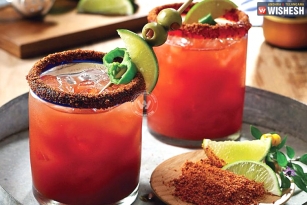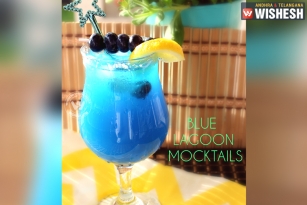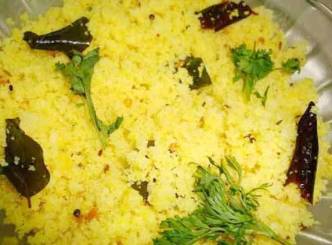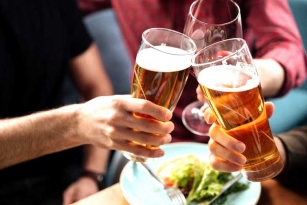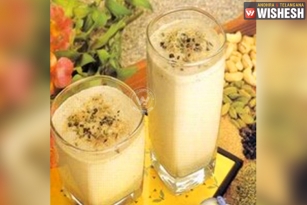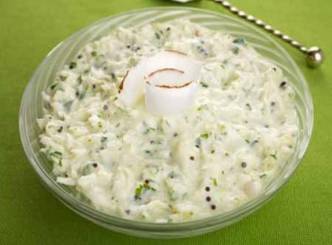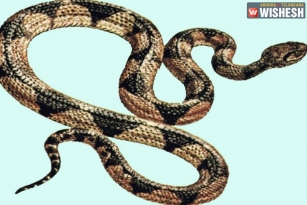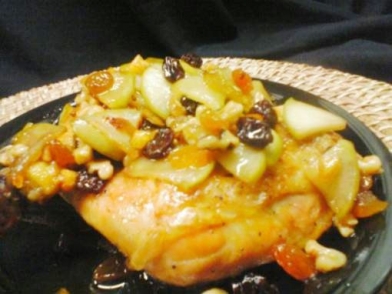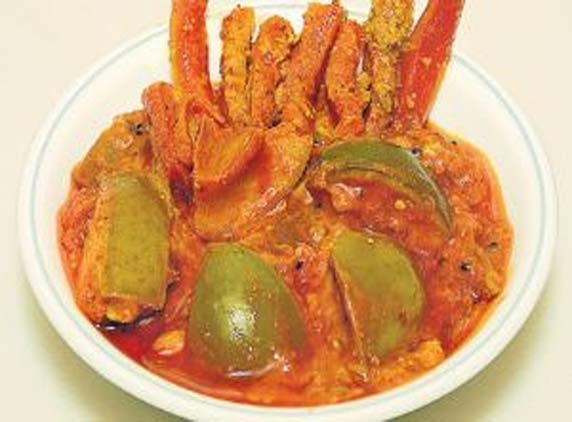
If cheeses can replace a state religion in France, there is no reason why pickles can't play that role in India. No French meal is complete without cheese. Likewise, no Indian meal is truly satisfying without a relish-a pickle or a chutney. And if the French can boast of some 300-odd varieties of cheese, Indians are well within their rights to claim that the number of pickles they produce is far in excess of that number.
But here is the rub.The French consume cheese with the solemnity of a midnight mass and discuss its virtues with ecclesiastical fervour. They regard it as one of the main features of their cultural identity. Such gastronomic patriotism is to be found elsewhere too. But the French have managed to market their own brand worldwide with unmatched flair.
On this latter score, Indians have registered some progress in recent years, especially in Western countries, which are home to the Indian diaspora. Indian pickles, manufactured locally or imported from India, are now sold not only in upscale department stores or in 'Little India' enclaves, but in neighbourhood grocery stores as well. The England-based Patak pickles are an example.
However, Indians do not cherish, let alone promote, their culinary traditions with the skill and determination they deploy to make known their classical and popular arts. We have yet to place cooking on par with music and dance, painting, sculpture and literature. Our finest chefs are not honoured with Padma awards like artistes who excel in the other fields.
The reason is that we treat our chefs as no more than 'bawarchis' of a slightly superior vintage, just as in times past we regarded the cinema as yet another form of 'nautanki'. We still eat to live, to fill the belly, not to savour the awesome range of tastes and aromas of our cuisines. Moreover, we have yet to develop the talent to discuss food with the sort of informed passion with which people in,say,continental Europe and Japan discuss it.
My upbringing allowed me to cross these hurdles. I grew up in the cosmopolitan 'camp' area of Poona. From an early age, I discovered the marvels of the cuisines-and that included pickles-of Parsis and Sindhis, Iranis and Goans, UP Muslims and south Indians, Gujaratis and Kumaonis, Khojas, Bohras and Anglo-Indians. In later years, during my travels at home and abroad, I made it a point to taste locally-made preserves and relishes.
Among my favourites at home are the turnip 'water' and stuffed red chilli pickles of Delhi, the pickle of dried dates from Benares, the fish pickles from Goa, the turnip, carrot and cauliflower pickle of the Punjabis and just about every pickle from Andhra and Assam. And the ones abroad I took a fancy to include the following: a sweet, green pepper one in Morocco; in England, pickles made with malt vinegar; in Italy, those marinated in mustard; in Greece, Turkey and Bulgaria, cheese pickled in brine and so forth.
But some of my finest discoveries were made in Japan where pickles, eaten at the end of a meal, are a national passion. The making of 'tsukemoto', as they are known, determines their taste as much as the ingredients used. Recipes, numbering some four thousand, call for all kinds of vegetables to be pickled in more than one hundred ways. Crisp, crunchy or tart, each one competes to flatter the palate.
But as I said, Indian pickles are streets ahead of the rest. One example should set any doubts on this score to rest. The Indian ambassador in China had hosted a dinner in honour of Dr S Radhakrishnan, then the country's vice-president. The chief guest was none other than Mao Tse-tung. To the dismay of his Indian hosts, however,the Chairman hardly touched anything on his plate. The only thing he seemed to relish was the pickle. He made bold to ask for more and more of it. The Ambassador finally placed a whole, newly-opened bottle of Bedekar's chilli pickle in front of him. While Radhakrishnan held forth on the subtleties of Indian metaphysical schools, a bored Mao, who made no pretence of his fondness for oily and spicy food of his native Hunan, silently polished off the contents of the bottle. With such a distinguished cachet, Indian pickles have all that it takes to make the world say, well, 'cheese' !



